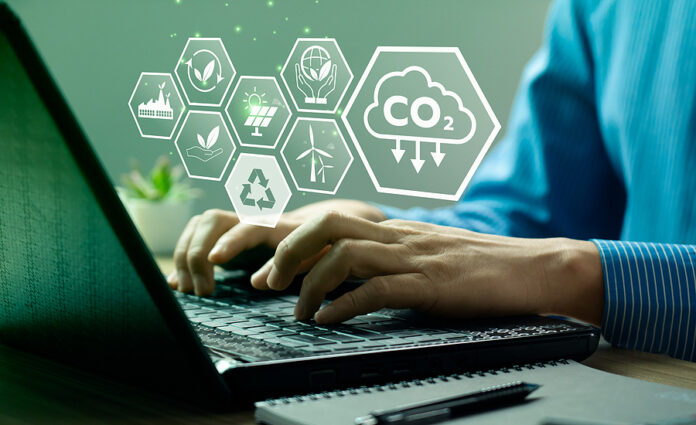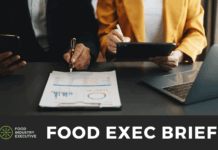
Roughly three in four (76% of) food and beverage leaders expressed confidence in their sustainability plans and capacity to meet environmental goals by 2030, as revealed in a new report from Quantis. However, their action plans lacked crucial ingredients.
The survey of over 600 professionals and C-level executives across the food and beverage industry found that 62% of respondents are making sustainable packaging their top priority for the year ahead. While this is a solid starting point, leaders placed key areas that drive transformation — including portfolio redesign, regenerative agriculture, and plant-based initiatives — among their lowest priorities. In addition, 26% of respondents struggled with clear action plans, another important success factor.
They’re also encountering roadblocks on the path toward sustainability. More than 40% of respondents named supply chain complexity as their greatest challenge, followed by designating funds toward reducing environmental impact. Lack of inter-departmental buy-in was a common hurdle for Chief Sustainability Officers.
Whether or not food companies can hit their targets, the demand for sustainability is apparent — all marketing respondents observed sustainability’s influence on consumer purchases, and more than half said their customers have become increasingly interested in sustainable products, even if they cost more.







